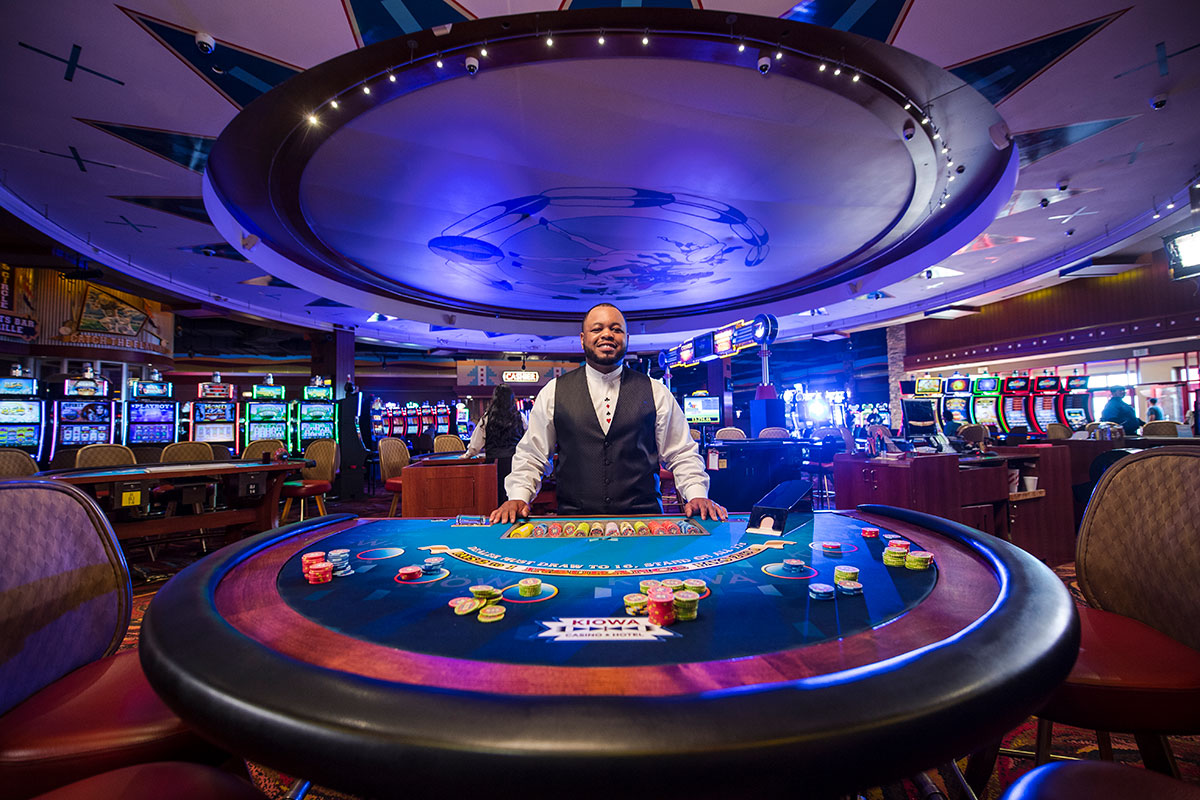
In the world of gambling, in which chance and strategy intersect, a unique tapestry of beliefs manifests—one that intertwines luck, fate, and the enigmatic nature of casino games. Casinos, bustling with excitement and anticipation, are not just spaces for placing bets; they are also arenas where superstitions thrive. Ranging from the novice player to the seasoned gambler, these mysterious practices often shape how individuals approach the games they play, believing that their actions can impact the outcome in ways that go beyond mere probability.
When players gather around roulette wheels, blackjack tables, and slot machines, the atmosphere is thick with stories of lucky charms, rituals, and codified behavior that defy logic yet provide a sense of comfort. It could be the case that it’s wearing a specific outfit, following a particular sequence of bets, or even avoiding certain numbers, the attachment to various superstitions reflects a deep-rooted desire to control the uncontrollable. This article delves into the captivating world of casino game superstitions, examining the beliefs that simultaneously entertain and mystify those who dare to play. TKP303
Historical Beginnings of Superstitions
Betting games have long been interwoven with an array of superstitions that go back to ancient civilizations. The roots of these beliefs can be linked to humanity’s innate desire to manage the uncertain outcomes associated with luck and randomness. In ancient civilizations, activities of chance were often tied to spiritual practices. Gamblers would call upon favor or request favor from gods, believing that their actions could influence the results in their favor. This basis laid the basis for the variety of superstitions that proliferated as betting evolved over ages.
During the medieval age, gambling became a common hobby across European nations, and with it, a colorful tapestry of superstitions emerged. Participants adopted numerous rituals and charms, believing they could change the outcome of games. The value of numbers, in particular, emerged to appear in superstitions pertaining to card games and dice. The number seven was often considered lucky, while various numbers carried negative connotations. These ideas mirrored the cultural contexts of the time, evolving as they transferred through generations and adapted to different gaming environments.
As casinos developed in the 1600s, particularly in Italy and the French nation, the atmosphere surrounding betting became steeped in mystique. The growing availability of gambling activities allowed for the expansion and diversification of superstitions among players. Concepts like lucky charms, special seating positions, and rituals gained importance, creating a unique culture within gambling establishments. As these customs continued to thrive, they became fundamental to the identity of casino games, illustrating how the past and society shape the belief systems that influence how participants interact with fortune.
Common Casino Superstitions
Beliefs surrounding gambling games are abundant and varied, reflecting the hopes and fears of players as they participate in chance-based games. One of the most common views is that specific digits bring luck or misfortune. For example, the number 7 is often seen as a favorable number, frequently sought after by gamblers looking for a positive outcome. Conversely, the digit 13 is routinely considered unlucky, leading many players to steer clear of it during their gaming sessions.
A common superstition relates to practices that gamblers believe can affect their odds. Whether blowing gently on the dice before a throw, using a specific gesture to place a bet, or even wearing particular items of clothing, many people feel that these rituals can sway luck in their favor. These rituals offer a sense of control in an otherwise unpredictable environment, reinforcing the idea that fortune can be created through personal beliefs and habits.
Finally, the environment and atmosphere of the casino itself adds to myths. Many gamblers suggest that the presence of certain icons, such as four-leaf clovers or lucky tokens, can enhance their odds of success. Additionally, players might hold to the notion that winning streaks can be interrupted by mundane occurrences, such as a person walking past or a accident at the gaming surface. The collective atmosphere in a gambling house can amplify these superstitions, creating a communal culture of superstitions that goes beyond individual encounters.
Impact of Superstitions on Players
Beliefs play a important role in the mindset of casino players, often affecting their actions and choices. Numerous gamblers believe that fortune can be manipulated through various rituals, such as donning a talisman, choosing particular hues, or steering clear of particular digits. This dependence on superstitions can create a sense of authority in an environment that is intrinsically unpredictable. Players often feel more self-assured and involved when they believe that their actions could sway the result of a game in their advantage.
The influence of these superstitions extends beyond individual players, affecting the general atmosphere within the casino. For example, a player who believes in the luck of a particular slot machine might draw a crowd, as others are fascinated by their apparent luck. This shared belief can amplify excitement and create a lively environment, leading to an interesting experience even for those who may not necessarily be believers themselves. The buzz around specific games can lead to increased participation and extended playing sessions, supporting the casino’s lively social scene.
In some instances, superstitions can lead to harmful effects for players. Relying too much on rituals can result in bad gambling decisions, as some may overlook basic strategies in favor of baseless beliefs. Additionally, the pressure to perform rituals may heighten anxiety and stress levels, detracting from the enjoyment of the experience. Ultimately, while superstitions can enhance the excitement of playing casino games, they can also lead to unwise choices that overshadow the fun and entertainment intended in the casino experience.
